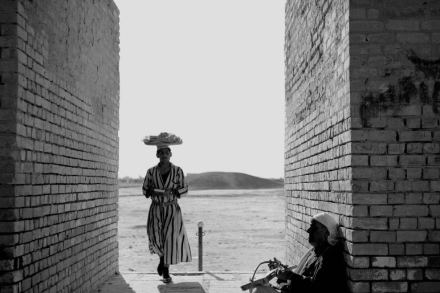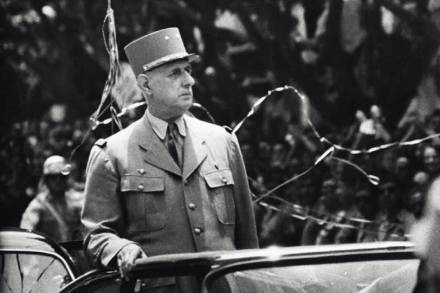In and out of favour in Iraq
Nowadays the TV cameras make Baghdad look like a suburban car park, and for Tamara Chalabi, raised in England and Beirut on memories of pre-Saddam Iraq, the first encounter in 2003 was dismal. Her family kissed the very ground as they returned from exile, but initially she felt, and recognised, nothing. She has worked hard to connect with the city where she now lives, and in this absorbing book she has wrapped up much that is important in Iraq’s history in the story of her own family’s development through the 20th century. Of course the reader may want to ask what role Chalabi’s father played in landing Iraq in the

















